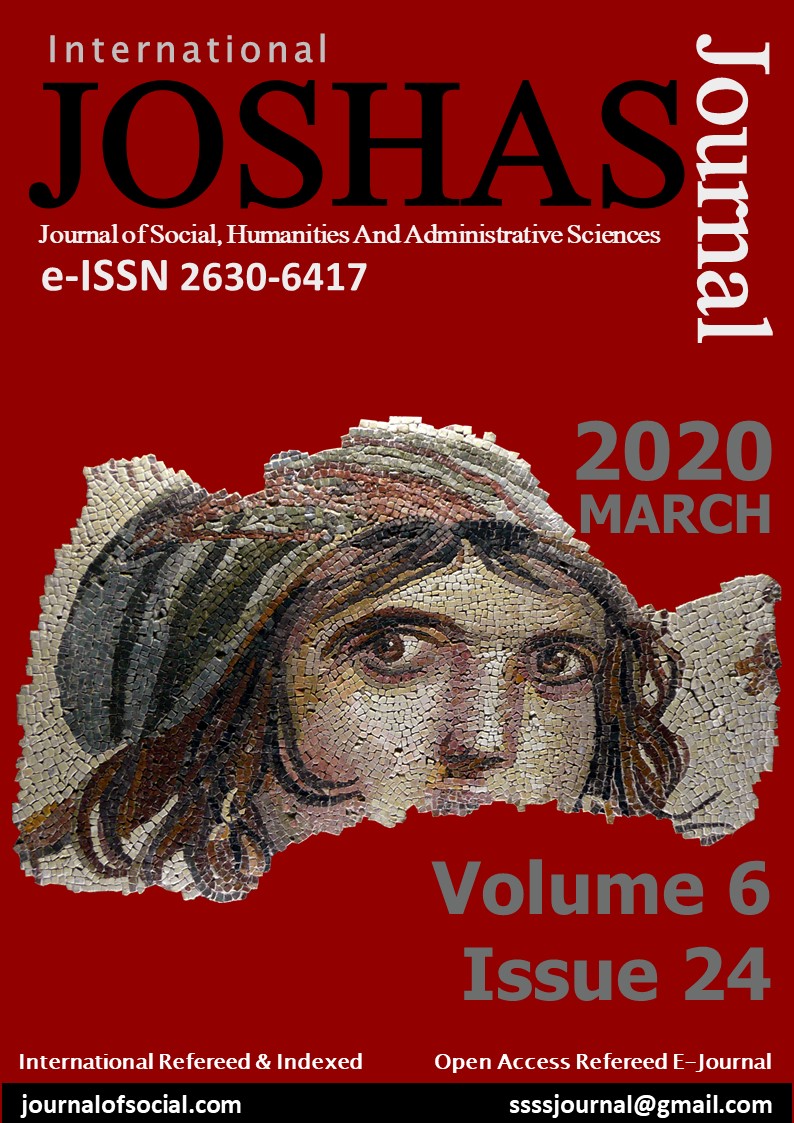Author :
Abstract
Sultan II. Abdülhamid, iktidarının ilk yıllarında ülkeyi içinde bulunduğu zor durumdan çıkarmak için devlet adamlarından ıslahat layihaları yazmalarını istemiş, bu çerçevede yüzlerce devlet adamı bilgi ve görgüleri dâhilinde lâyiha yazarak Sultan’a arz etmişti. II. Abdülhamid’e lâyiha yazanlardan biri son dönem Osmanlı tarihçilerinden ve askerî eğitimcilerinden Fatihli Mehmed Tevfik Paşa’ydı. Paşa, kolağası rütbesindeyken kaleme aldığı lâyihasında yaklaşık iki buçuk yıllık bir süreçte Anadolu’da karşılaştığı devlet idaresindeki, ordudaki aksaklıkları ve bunlara dair çözüm önerilerini anlatmaya çalışmıştı. Paşa’nın üzerinde durduğu en önemli husus Ermeni meselesiydi. Eğer tedbir alınmaz ise ileride bu meselenin devletin başına daha büyük gaileler açacağı kanaatindeydi. Paşa, özellikle Ermeni ve Rum mekteplerinde gençlere verilen tarih eğitiminin ortaya çıkaracağı mahzurlara değinmiş, gördüğü eksiklik üzerine İstanbul’a döndüğünde milli bir tarih bilinci oluşturmak için bütün Osmanlı gençlerinin okuyup anlayabileceği bir Osmanlı tarihi yazmıştı. Bu kitap uzun yıllar askeri idadilerde ders kitabı olarak okutulmuştu. Paşa’nın bu gayretkeşliği Sultan tarafından fark edilmiş, kısa süreli bir yurtdışı görevinden sonra Paşa Maiyyet-i Seniyyeye yani doğrudan Sultan’ın emrine girmişti. Ermeni meselesinin 1895’te büyük çaplı bir isyana dönüşmesi Paşa’nın kariyerinin yönünü değiştirdi. Paris’teyken bu isyan sonrasında adını duyuran İttihad ve Terakki Cemiyetinin “Vatan Tehlikede” adlı ilk risalesini yazdı. Her ne kadar risaleyi yazarken adını gizlediyse de İstanbul’a döndükten kısa bir süre sonra tutuklanacağından endişe ederek yurt dışına gitti ve II. Meşrutiyet’in ilanına kadar da dönmedi. Bu çalışmada önemli bir tarihi kişilik olan Paşa’nın özellikle Ermeni meselesi ve 4. ordunun durumuyla ilgili önemli veriler içeren lâyihası değerlendirilecektir
Keywords
Abstract
Sultan Abdulhamid II, in the first years of his rule, asked the statesmen to write reform pleadings to get the country out of the difficult situation it was in, and within this framework, by writing pleadings within their knowledge and manners hundreds of statesmen submitted them to the Sultan. One of those who wrote this pleading to Abdulhamid II was Mehmed Tevfik Pasha from Fatih who is a late Ottoman historian and military educator. Pasha tried to explain the problems in the state administration and the army he had encountered in Anatolia approximately two and a half years period and the solution recommendations concerning those in the pleading he had put down on paper when he was an adjutant major. The most important issue that Pasha emphasized was the Armenian issue. He was of the opinion that if no measures were taken, this issue would lead to more trouble for the state in the future. Pasha touched on the drawbacks of the history education given to the youth, especially in the Armenian and Greek schools, and when he had returned to Istanbul upon to deficiency he had seen, he wrote an Ottoman history that all Ottoman youth could read and understand to create a national history awareness. This book was taught as a textbook in military high schools for many years. Pasha's zeal was noticed by the Sultan, and after a short period of duty abroad, Pasha came under the command of Maiyyet-i Seniyye, that is, the direct command of Sultan. The Armenian issue's turning into a large-scale rebellion in 1895 changed the direction of Pasha's career. When he was in Paris, he wrote the first epistle called “Homeland is in Danger” of the Committee of Union and Progress which made its name heard after this rebellion. Although he had hidden his name while writing the epistle, he went abroad, worrying that he would be arrested shortly after returning to Istanbul and had not returned until the announcement of the Second Constitutional Era. In this study, the pleading of Pasha, who is an important historical figure, containing important data especially about the Armenian issue and the situation of the 4th army will be assessed.





